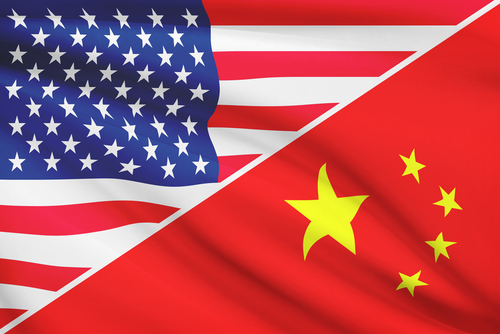The United States’ and China’s war of words in Myanmar continued last week when incoming United States ambassador to Myanmar Thomas Laszlo Vajda urged the U.S. to engage with Myanmar, warning against “malign foreign influences and challenges to its sovereignty,” the Economic Times quoted him as saying.
In a hearing before the U.S. Senate Committee on Foreign Relations, the ambassadorial nominee (who is set to take over for Ambassador Scott Marciel) did not directly identify China, but his words strongly echoed an op-ed by U.S. embassy chargé d’affaires at the US Embassy in Yangon, George Sibley. In the piece published in the Irrawaddy, Sibley accused China of actively trying to “intimidate, threaten, and undermine Myanmar sovereignty,” claiming China exploits Myanmar workers, tolerates human trafficking, and expands its economic hegemony over Myanmar with predatory and corrupt investments that exploit local communities. The Chinese embassy quickly responded with its own statement, nearly twice as long, accusing the United States of actively undermining China’s benign partnerships out of its own “McCarthyist bigotry” and “outdated ‘Cold War mindset.’”
Vajda’s statements indicate that the diplomatic sparring match may just be getting started. Furthermore, they highlight the United States’ growing unease about China’s deepening ties to its southern neighbor. U.S.-led global sanctions crippled Myanmar’s economy in its military era, and its post-democratic human rights tangles have kept U.S.-Myanmar relations lukewarm. Meanwhile, China continues to surge ahead with rising investments in Myanmar in dozens of industries ranging from infrastructure, to power, to agriculture.


